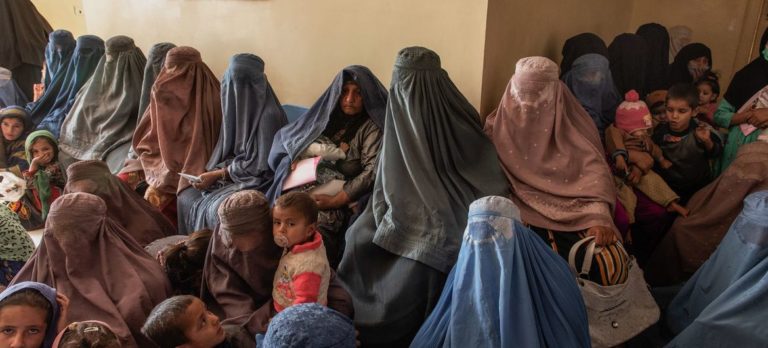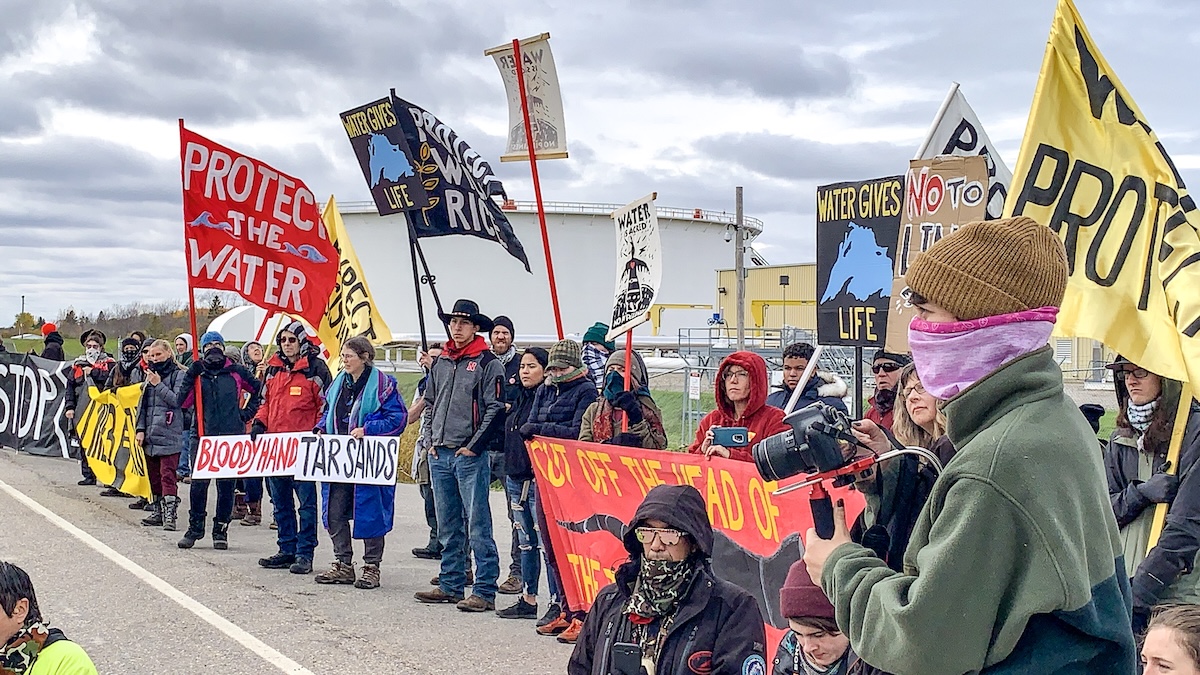by Kerul Dyer
One year after the Taliban became the de facto ruling party in Afghanistan, the rights of women and girls have eroded to what many say are the worst conditions in the world. Described as “a death in slow motion” women have been banned from working, participating in civil society, and girls cannot attend high school. According to numerous reports, acts of sexual violence, forced and child marriages, and brutal punishments are commonplace.
Coupled with a rapidly collapsing economy, extreme food shortages, draconian surveillance and detention measures, and a lack of women’s reproductive healthcare, everyday life in Afghanistan has hit a new low. According to the United Nations Assistance Mission (UNAMA), the absence of foreign troops in the country has reduced civilian deaths by 77 percent in the past year, but now 59 percent of the country needs humanitarian assistance.
This month, reports detailing the harsh conditions under Taliban rule have been published by the United Nations, the US Special Inspector for Afghanistan Reconstruction, and Amnesty International have elevated the issues into headlines, and marked the year since the US chaotically withdrew troops and froze $7 billion in assets.
UNAMA has promised to step up their efforts to support women’s and reproductive health care for women, as well as offer some relief to the growing humanitarian crisis in anticipation of the coming winter months. Some human rights advocates and organizations, including Fellowship of Reconciliation member groups, support women and girls in Afghanistan by sponsoring their clandestine evacuation to safer countries, an extremely dangerous and complex process. Amnesty International’s online action directs people to pressure the Taliban directly through a petition, while Feminist Majority Foundation has a sign on letter to President Biden and Vice President Harris, imploring aid for Afghan women and girls.
For more information about the current situation in Afghanistan and what people are doing to help, check out this Think Twice Radio interview with Basir Bita, Afghan humanitarian, mentor, and refugee; Sherri Maurin, educator, peace activist, and ally to Afghans; and Vicki Ross, Western New York Peace Center’s Board Chair.


